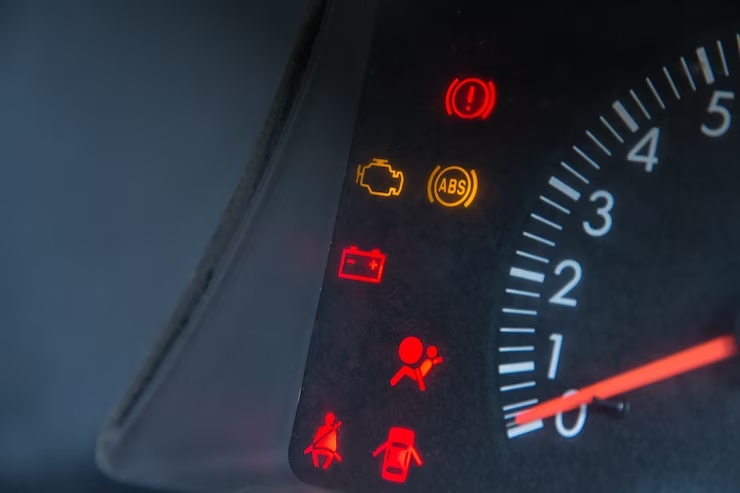The battery is a crucial component of a vehicle’s electrical system, providing the necessary power to start the engine and run various electrical components. To ensure optimal battery performance and prevent unexpected breakdowns, vehicles are equipped with a Battery Management System (BMS) that monitors and controls the battery’s charging and discharging processes. In some cases, the BMS may detect issues with the battery or its charging system, triggering warning lights on the dashboard. In this article, we will explore common causes of Battery Management System warning lights and provide troubleshooting tips to help you address them effectively.
- Low Battery Voltage: One of the most common causes of Battery Management System warning lights is low battery voltage. This can occur due to a discharged or weak battery, a faulty alternator, or a malfunctioning charging system. If the battery voltage drops below the acceptable level, the BMS will trigger a warning light to indicate a charging issue.
Troubleshooting Tips:
- Check the battery terminals: Ensure that the battery terminals are clean and securely connected. Loose or corroded terminals can impede proper charging and cause low battery voltage.
- Test the battery: Use a multimeter or battery tester to check the battery’s voltage. If the voltage is significantly lower than the manufacturer’s specified range, it may indicate a weak or faulty battery that needs to be replaced.
- Inspect the alternator: A faulty alternator may fail to charge the battery properly. Test the alternator’s output using a voltmeter or take your vehicle to a professional for a thorough inspection.
- Battery Aging or Failure: Over time, batteries naturally age and lose their capacity to hold a charge. If the BMS detects that the battery is nearing the end of its life or has failed, it will illuminate a warning light on the dashboard.
Troubleshooting Tips:
- Check the battery age: Refer to the battery’s manufacturing date or consult your vehicle’s owner manual to determine its age. If the battery is several years old, it may be nearing the end of its life and should be replaced.
- Perform a load test: A load test measures the battery’s ability to maintain voltage under a load. You can perform a load test using a battery tester or have it done by a professional. If the battery fails the load test, it indicates a need for replacement.
- Faulty Battery Management System: In some cases, the warning light may be triggered by a malfunctioning Battery Management System itself. This can happen due to a software glitch, sensor failure, or wiring issue.
Troubleshooting Tips:
- Check for loose connections: Inspect the wiring and connectors associated with the BMS. Ensure they are securely connected and free from damage or corrosion.
- Scan for error codes: Use a diagnostic tool to scan for any error codes related to the BMS. These codes can provide insights into the specific issue and help in diagnosing and resolving the problem. If you’re not familiar with diagnostic tools, consult a professional technician.
- Extreme Temperature Conditions: Extreme temperatures, both hot and cold, can affect battery performance and trigger warning lights on the BMS. High temperatures can accelerate battery aging, while low temperatures can reduce battery capacity and inhibit proper charging.
Troubleshooting Tips:
- Keep the battery protected: Park your vehicle in shaded areas or garages to minimize exposure to extreme temperatures. Consider using a battery insulation blanket in cold climates.
- Monitor battery performance: Keep an eye on the battery’s performance during extreme temperature conditions. If you notice any significant changes or issues, address them promptly.
It’s important to note that troubleshooting Battery Management System warning lights may require specialized knowledge and equipment. Therefore, if you are uncertain about any troubleshooting steps or encounter persistent issues, it is recommended to seek professional assistance to ensure the system is functioning properly and to avoid any potential safety risks.
The Battery Management System plays a critical role in monitoring and controlling the vehicle’s battery health and charging system. If you encounter warning lights related to the BMS, it’s essential to troubleshoot the issue promptly. By following the troubleshooting tips mentioned above, you can address common causes of Battery Management System warning lights and maintain the functionality and reliability of your vehicle’s electrical system.











